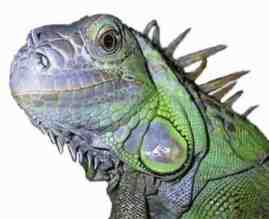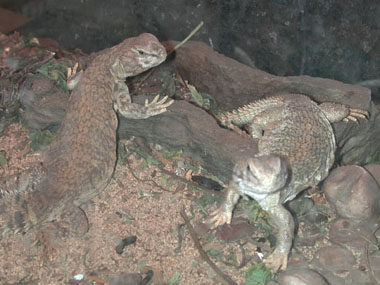Calvert County Health Department
- Adult Evaluation Reviews (AERS)
- Breast and Cervical Cancer Program
- Destination Wellness
- Developmental Disabilities Program
- Health Insurance Programs
- Home and Community-Based Services
- Maternal and Child Health
- Medical Assistance Program
- Medical Assistance Transportation Program
- Reproductive Health
- Reproductive Health Clinic Schedule
- Child Safety Seats
- Colorectal Cancer Awareness & Screening
- Diabetes and Prediabetes
- E-Cigarettes and Vaping
- Heart Health
- Injury Prevention
- Oral Cancer Prevention
- Poison Prevention
- Responsible Tobacco Retailer Program
- Skin Cancer Awareness
- Tobacco Cessation Program
- Stroke Awareness
- Tobacco Cessation for Pregnant Women
- Tobacco Use Prevention

Reptile Pets and Salmonella
Facts and Myths

Myth: Salmonellosis is almost always caused by contaminated food.
Fact: Over 70,000 people get Salmonellosis from contact with reptiles in the United States each year. A study of 1,387 cases of Salmonellosis revealed that reptiles caused almost half of cases in children less than 5 years of age. The Calvert County Health Department investigated 5 cases of Salmonellosis in children less then 5 years of age in 2004. Three of the cases were linked to contact with a reptile.
Myth: Salmonellosis isn't a serious disease.
Fact: Salmonella bacteria can cause gastrointestinal illness with symptoms of fever, diarrhea, abdominal pain, headache, and possible vomiting. Children are at risk for severe dehydration and progression to septicemia, meningitis, and death. The risk is highest among infants - especially those younger than 3 months old.
Myth: Only turtles carry Salmonella.
Fact: All exotic reptile pets such as iguanas, lizards, and snakes carry Salmonella. About 90% of reptiles carry and, at times, shed Salmonella in their feces, which survives for long periods of time on surfaces.
Pets provide many benefits to humans such as comfort and companionship. By following these guidelines from the Centers for Disease Control pet reptiles and amphibians can be enjoyed while protecting yourself and your family against diseases they carry:
- Pet store owners, health care providers, and veterinarians should inform reptile (including amphibians) pet owners of the risk of salmonella.
- Children younger then 5 years of age and immunocompromised persons of any age should avoid contact with reptiles and any items that have been in contact with reptiles and amphibians.
- Reptiles should not be kept in households with children younger than 5 years of age. Expectant parents should be instructed to remove these pets before the child's birth.
- Reptiles should not be allowed in daycare centers.
- Hands should always be washed thoroughly after handling reptiles.
- Reptiles should not be allowed to roam through living areas, or to enter kitchens or food-preparation areas.
- Reptiles in zoos and exhibits should only have direct contact with the public in designated areas with adequate hand washing and exclusion of food.
Sources:
Centers for Disease Control and Prevention: https://www.cdc.gov/healthy-pets/about/reptiles-and-amphibians.html
Travel Medicine Advisor (Volume 15, No. 1, January 2005). Reptile Associated Salmonellosis in Children. Atlanta, GA: Thompson American Health Consultants.
